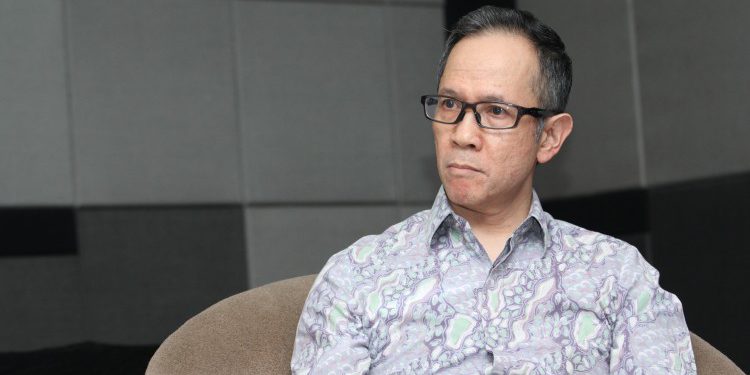I wish to draw attention to the recent report in CNN referring to the world’s demand for palm oil igniti, g a climate bomb. The report published last month titled “Borneo is Burning: How the world’s demand for palm oil is driving deforestation in Indonesia”.
This form of reporting is not constructive to addressing the global challenge of meeting demand in the vegetable oil sector, but rather feeds into the false narrative which is intended to undermine the competitiveness of palm oil.
There are numerous studies that are available, the results of which often depend on the intentions of the source of financing. However, a holistic approach to environmental concerns would reveal, for example, the threat to the water table, river and ocean from the contamination of soils from nitrates resulting in the cultivation of rapeseed.
On the issue of deforestation, it seems absurd to claim that there is a global time bomb linked to burning forests in Borneo when there are fires raging as far apart as the Artic, California, Australia and the Amazon – none of which are attributable to palm oil.
Of course, if we wish to address the issue in a more objective manner, we may say that the fires in Kalimantan (Borneo is a colonial term) are a contributing factor to CO2 emissions and the related need to prevent and manage forest fires, On this benchmark, the efforts being made by the Indonesian Government and stakeholders should perhaps be commended globally.
However, the earth we live in will not be a better place unless environmental challenges are addressed in a holistic manner. It makes little sense to focus solely on CO2 emissions at the expense of clean water.
In the case of palm oil, it is important to meet the challenges in the vegetable oil sector in general. It is clear that the productivity of palm oil helps to conserve the global land bank needed to meeting growing demand.
The false narrative on palm oil serve only to create polemics and acrimony to the expense of genuine efforts to address the environmental challenges that fall upon us. This is not say that palm oil cultivation does not present challenges, but the key is its ensure supplies of sustainable palm oil within the vegetable oil sector; – and to ensure that efforts are holistic and broad based on international agreements such as the UN SDGs 2030.
In fact, the article in CNN has seemingly been inspired by the post colonialists that prefer to refer to Borneo rather than Kalimantan. However, it is important for the so-called developed world to understand and realise that cooperation with the developing world is instrumental to addressing environmental challenges. No country will accept a diktat.
In this respect, press articles designed to support scientifically flawed schemes, such as ILUC, to protect the competitiveness of rapeseed are detrimental to the global environmental challenges that lay ahead that require unity of purpose between developed and developing countries. It is this current lack of unity of purpose and self-righteousness that represents the ticking time bomb.
Source: Sawitindonesia.com










